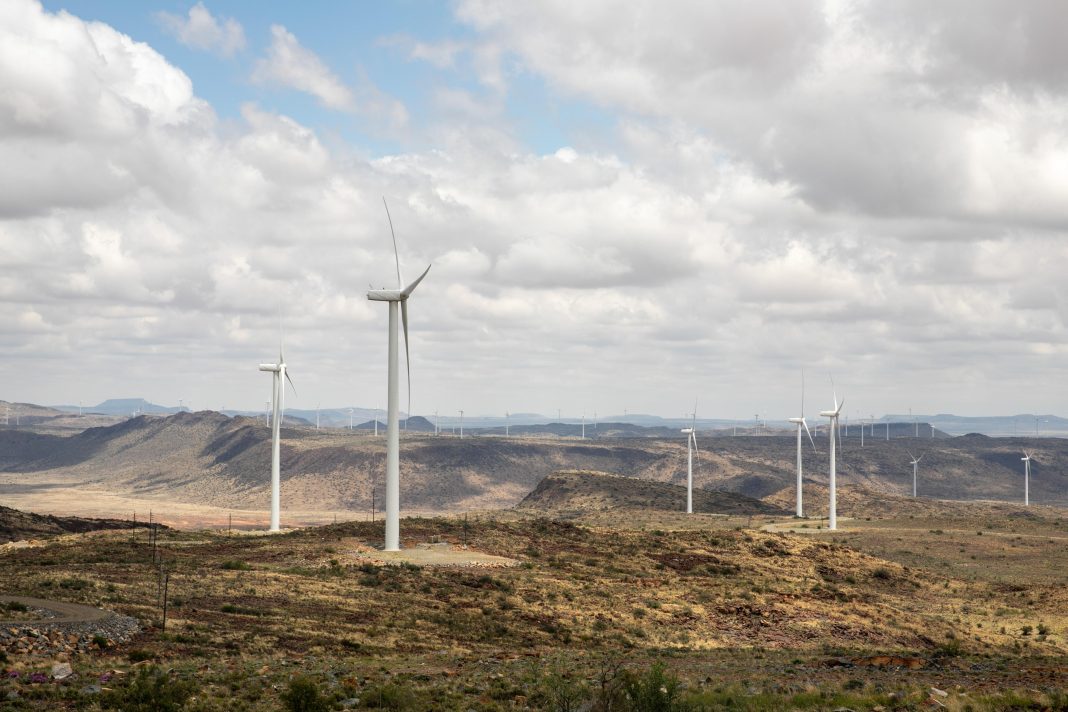The 21st century has witnessed a flourishing bond between China and Africa, built upon mutual respect, shared ambitions, and an evolving partnership that continues to reshape global relationships. When Chinese President Xi Jinping, in 2013, emphasized China’s approach to Africa with the principles of “sincerity, real results, amity, and good faith,” it marked a commitment that would lead both China and African nations into an era of unprecedented collaboration.
A Unique Partnership in a Changing World
China’s promise of seeing African nations as “tested friends” isn’t just rhetoric; it’s demonstrated in the extensive investment and cooperation spanning infrastructure, trade, healthcare, technology, and cultural exchanges. While the world watches, China and Africa have moved beyond traditional donor-recipient dynamics, forging an equitable partnership that stands out on the global stage.
For many African leaders, the engagement has been refreshing. “We are witnessing a new wave of development on the continent with China’s support. It’s not merely about financial aid but about meaningful investments that empower our people,” stated President Mokgweetsi Masisi of Botswana, encapsulating the sentiment of numerous African leaders.
The Belt and Road Initiative: Connecting Dreams and Futures
One of the most visible elements of this relationship is the Belt and Road Initiative (BRI), China’s ambitious global infrastructure and investment project aimed at enhancing trade routes across Asia, Europe, and Africa. Through the BRI, African countries have gained access to extensive infrastructure projects, which many African leaders view as essential for their economic growth. Roads, railways, ports, and energy projects across countries like Kenya, Ethiopia, and Nigeria stand as testaments to this infrastructural partnership.
Take the case of Kenya’s Standard Gauge Railway (SGR), connecting Nairobi to Mombasa, a project funded and constructed by China. The SGR has enhanced domestic connectivity and bolstered trade opportunities, reducing transportation costs and time for both locals and international traders. Similar projects across the continent have led to job creation, increased industrial output, and a new sense of regional interconnectivity.
Beyond Infrastructure: Education and Cultural Exchanges
China’s influence in Africa goes beyond physical structures; it’s about building bridges between cultures and minds. Every year, hundreds of African students are awarded scholarships to study in China, where they gain access to world-class education. Through these exchanges, African students not only learn skills but also immerse themselves in Chinese culture, contributing to a deeper understanding between the two regions. Likewise, Confucius Institutes across Africa promote the study of the Chinese language, preparing a new generation of Africans for roles in international business, diplomacy, and trade.
One such beneficiary, Amahle Sibanda, a student from South Africa studying renewable energy in Beijing, shared, “China’s investment in African students represents their belief in our potential. They are equipping us to lead, not just to follow.”
Technology and Innovation: Driving Africa’s Digital Transformation
In today’s digital age, technology has emerged as a vital sector in China-Africa cooperation. Chinese tech giants like Huawei and ZTE have been pivotal in developing Africa’s telecommunications infrastructure, especially in remote regions previously lacking connectivity. Today, millions of Africans have access to affordable smartphones and reliable internet, which has revolutionized daily life, from mobile banking to access to online education and healthcare services.
For example, in Nigeria, the adoption of mobile payments and online banking has surged, with millions relying on these services for day-to-day transactions. China’s technology, tailored to Africa’s needs, has fueled innovation hubs across the continent, where young African entrepreneurs are creating locally relevant solutions to local challenges.
The Road Ahead: Addressing Challenges Together
Despite these strides, the China-Africa relationship isn’t without its complexities. Critics argue that African nations could be at risk of over-reliance on Chinese loans, potentially leading to unsustainable debt. Others point to the need for more transparent processes to ensure that Chinese investments benefit local communities equitably.
China has, however, taken steps to address these concerns, promising more sustainable investment practices and emphasizing debt restructuring agreements where necessary. In 2021, President Xi reaffirmed that China would cancel debt owed by some African countries and offer additional support for pandemic recovery, signaling China’s responsiveness to African voices and the evolving needs of the continent.
The Future of Friendship: Towards Greater Autonomy and Empowerment
Looking forward, the China-Africa partnership is expected to deepen, with both sides pushing for an alliance that empowers Africa to play a more significant role in the global economy. China’s focus on green energy, digital infrastructure, and capacity-building projects reflects a shared vision of a modern Africa that isn’t just a recipient but a co-creator in global solutions.
This new era of friendship, based on sincerity and genuine results, holds promise for a future where Africa’s role in the global economy is redefined. For China, Africa isn’t just a partner but a longstanding friend and an equal, setting an example for international relations grounded in mutual respect, shared growth, and a commitment to global prosperity.




